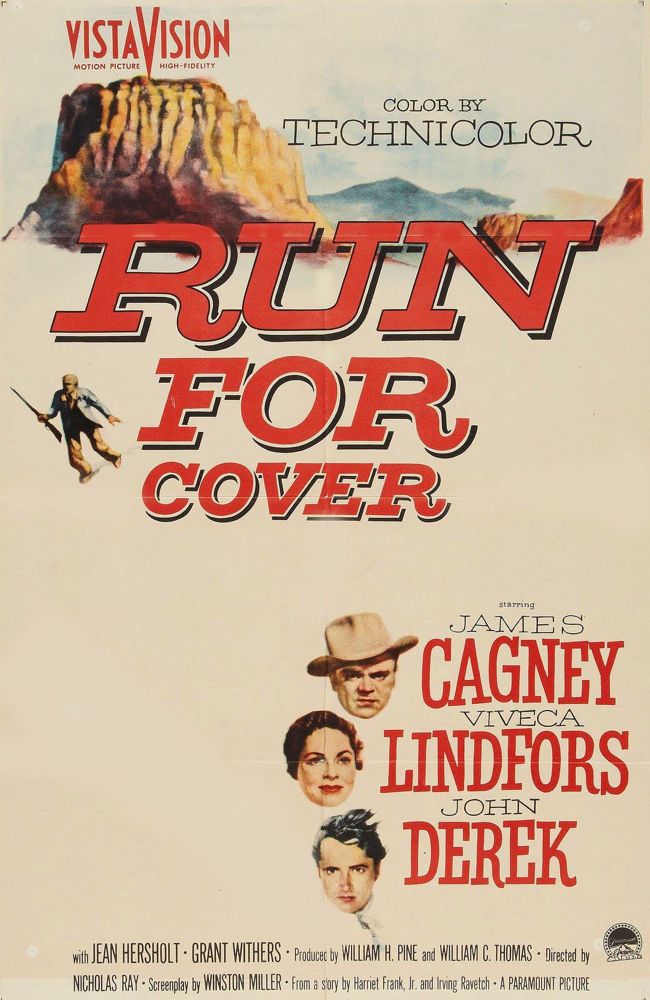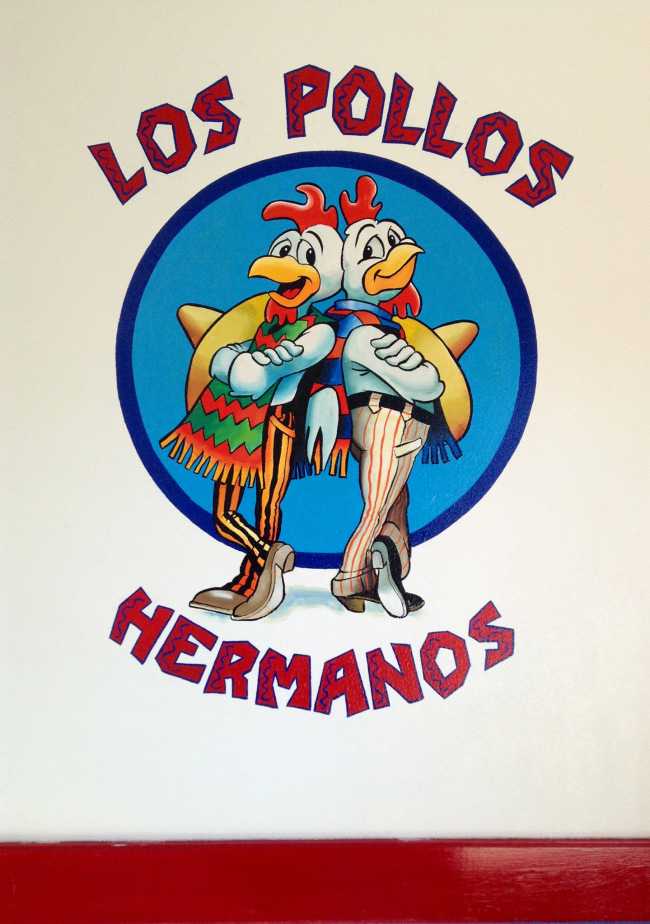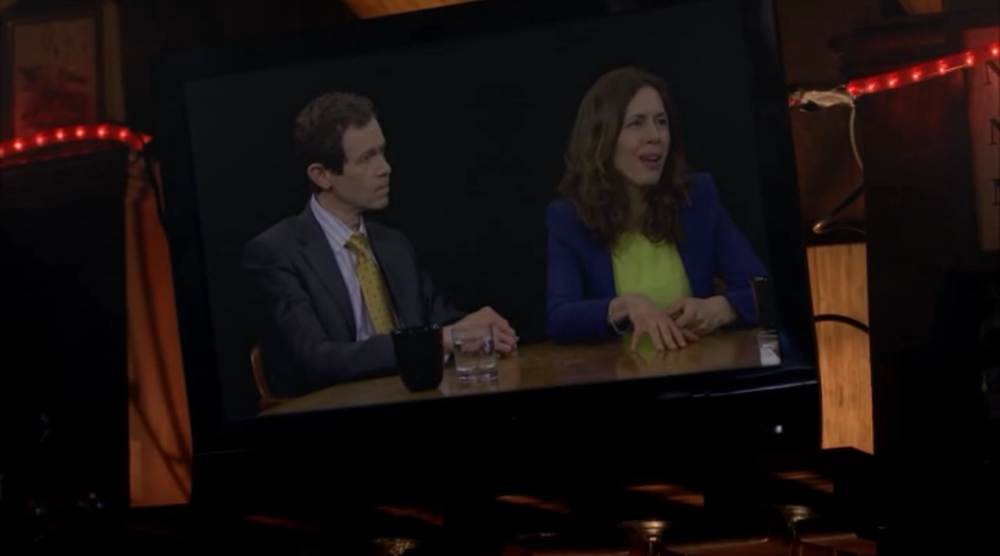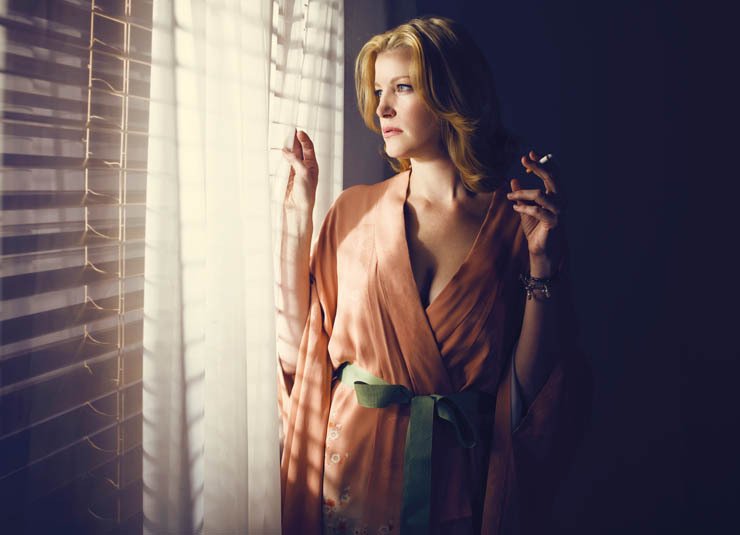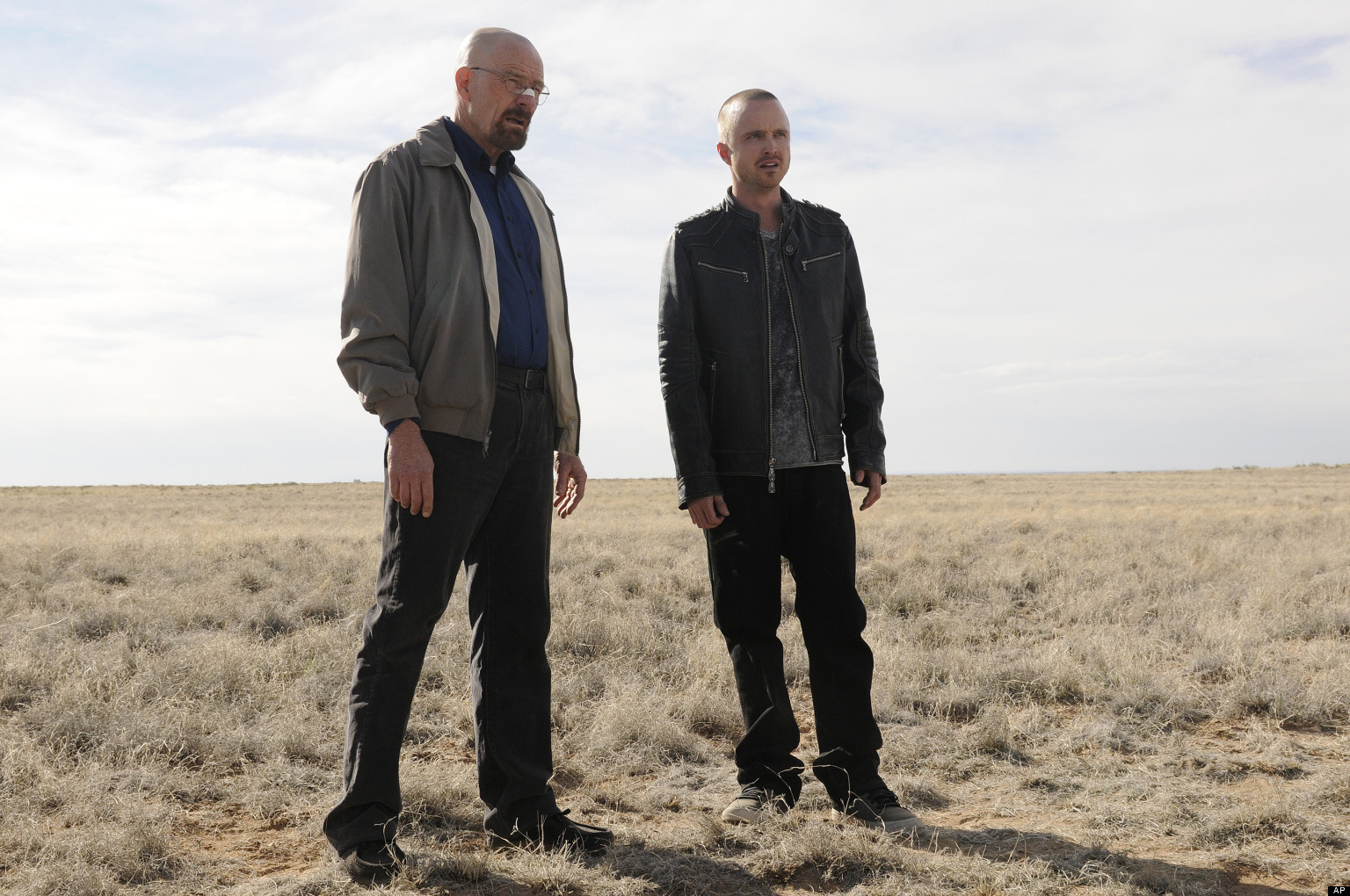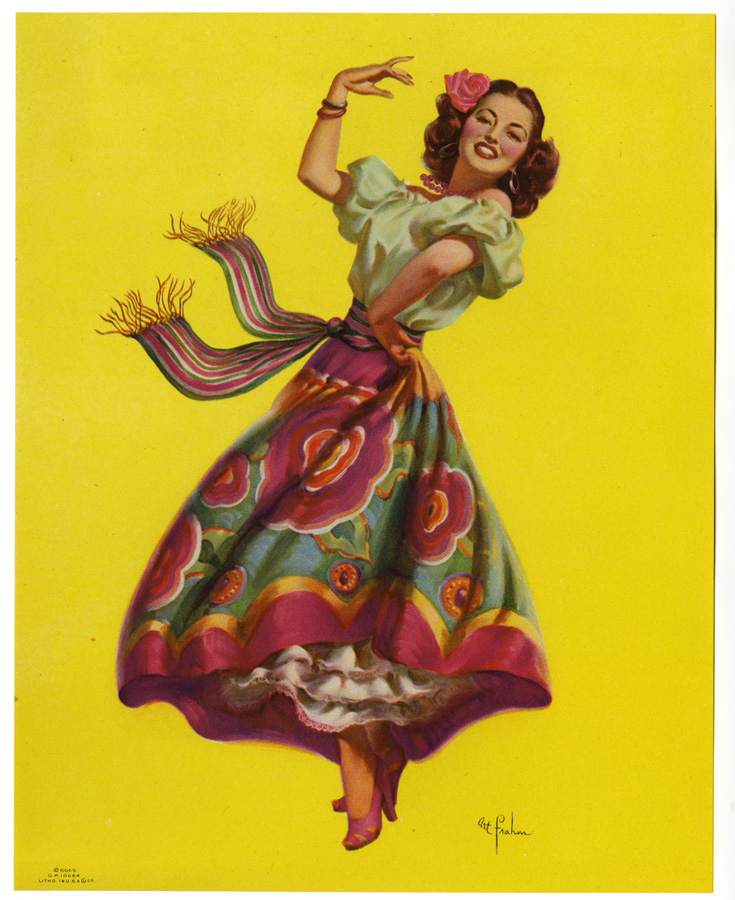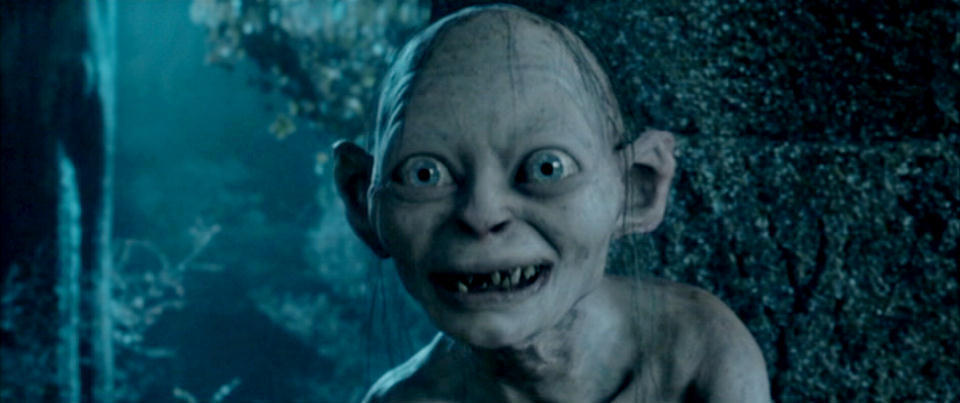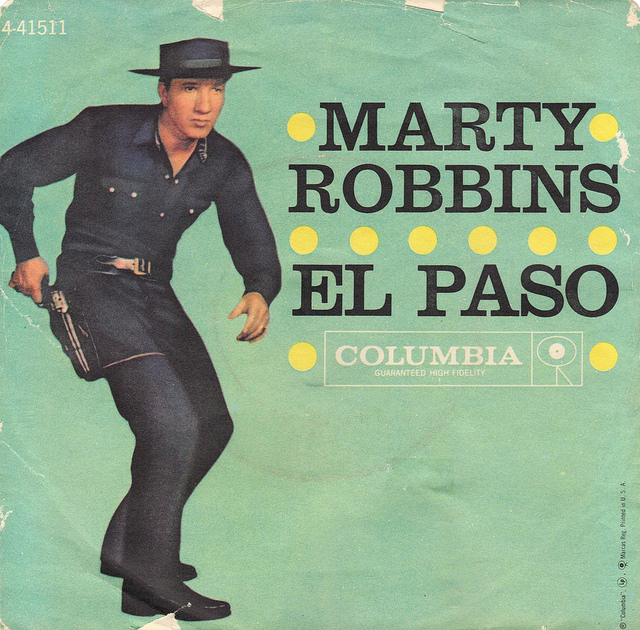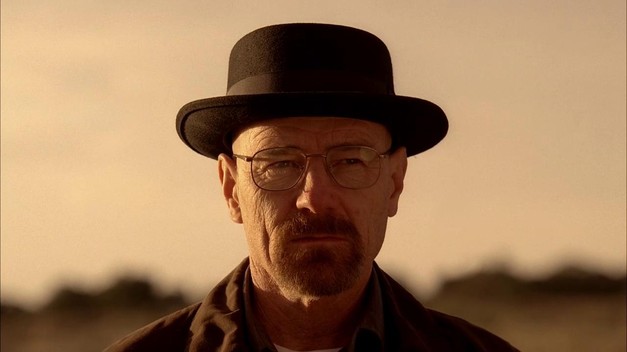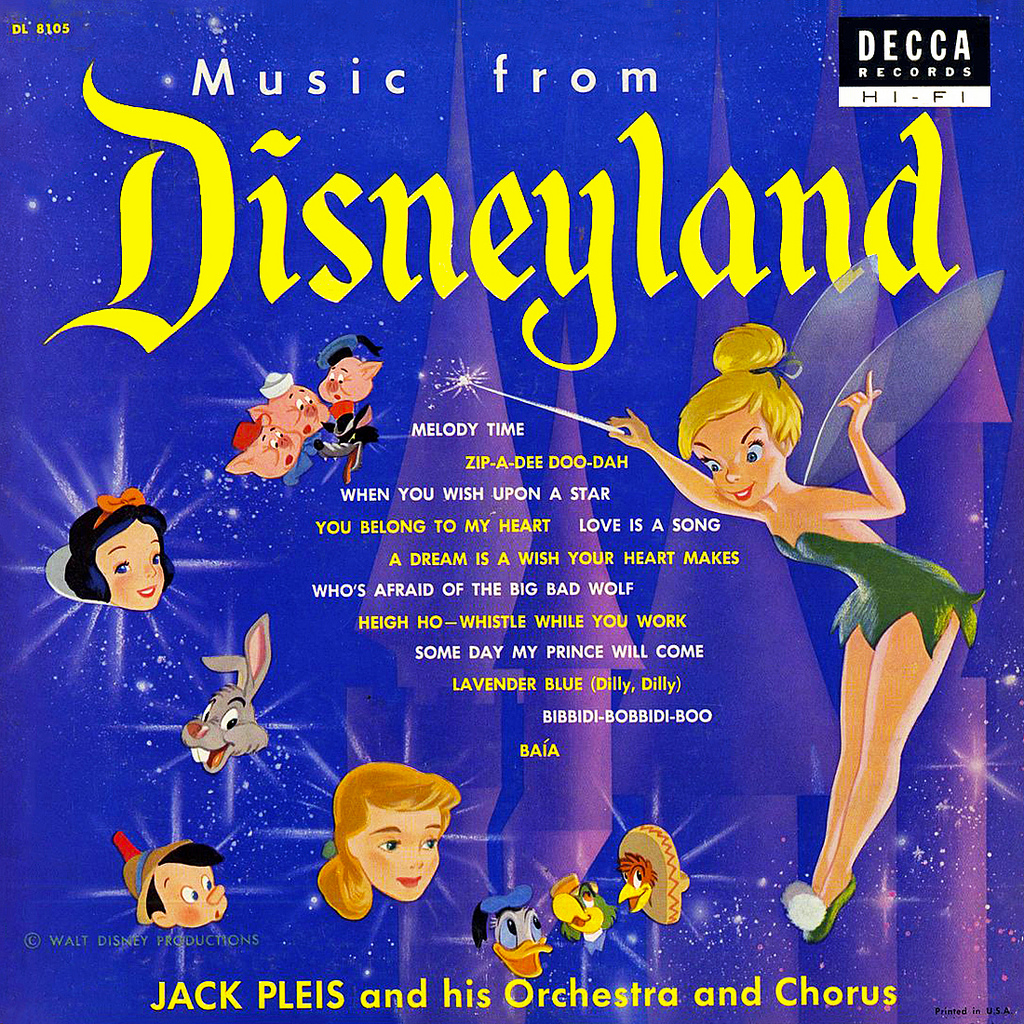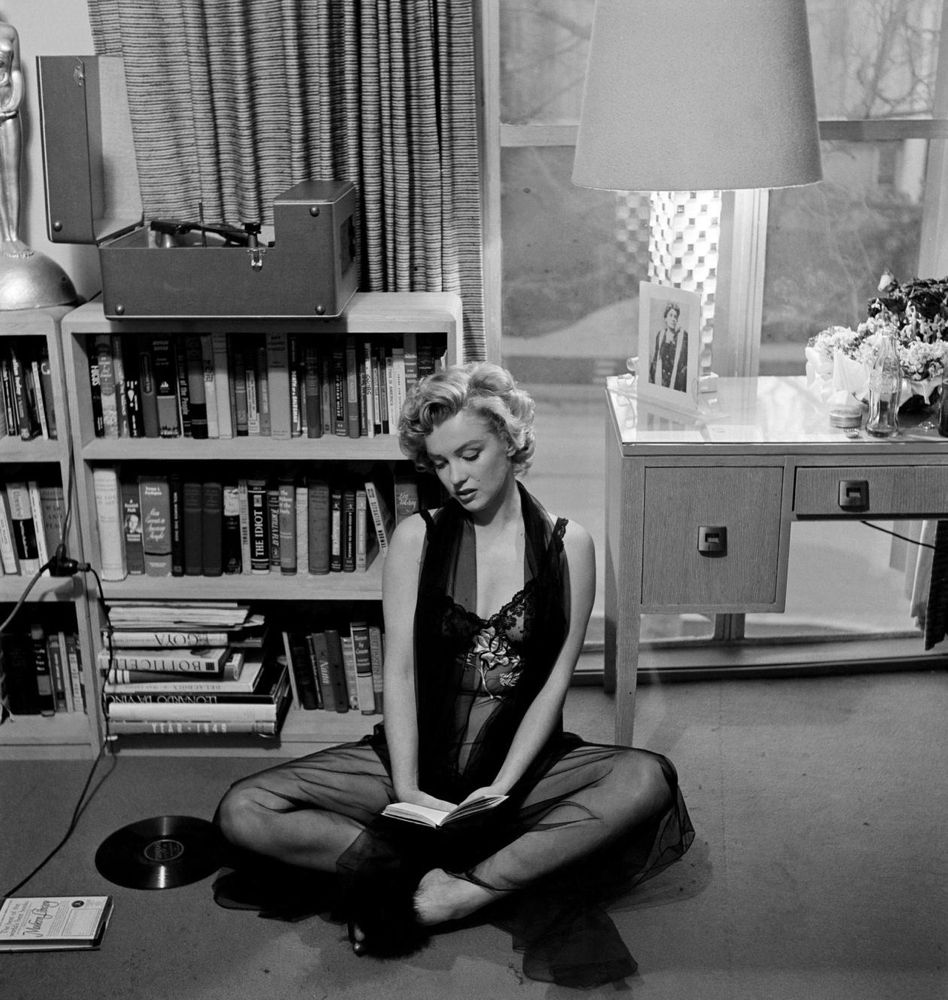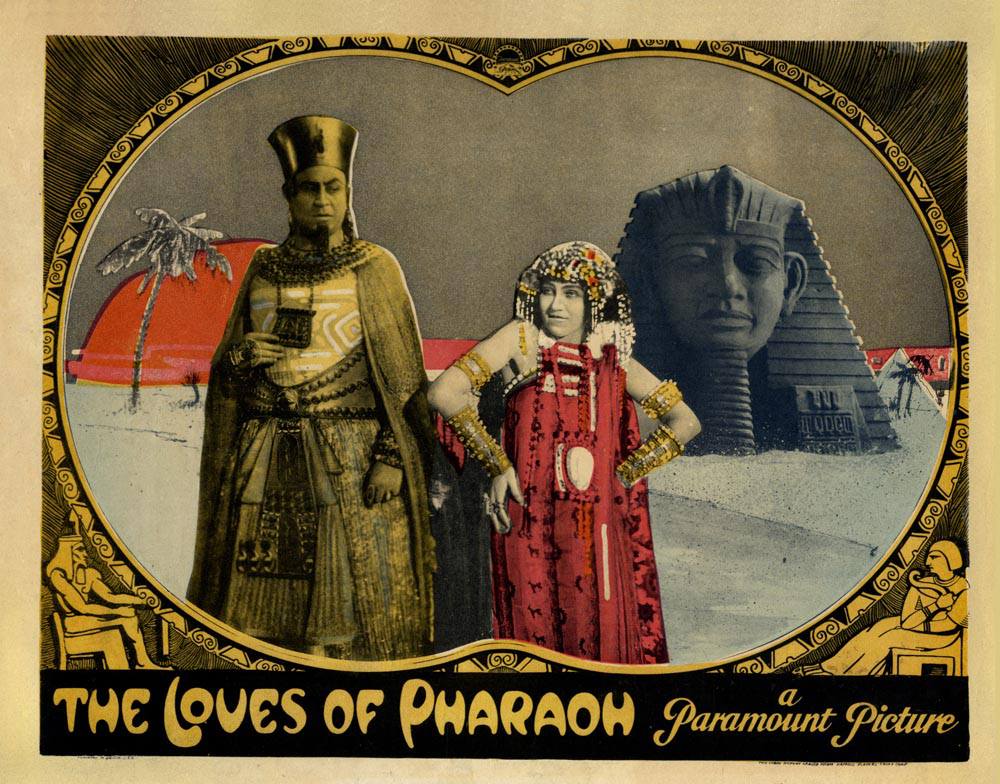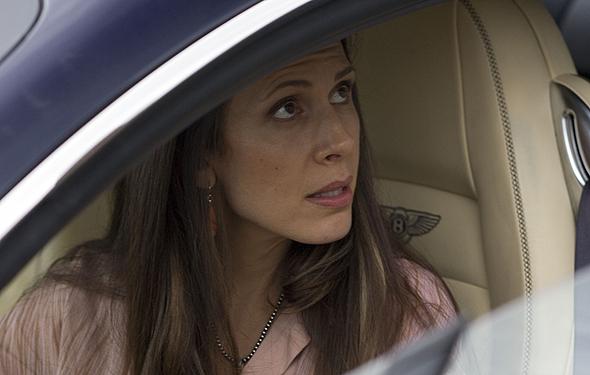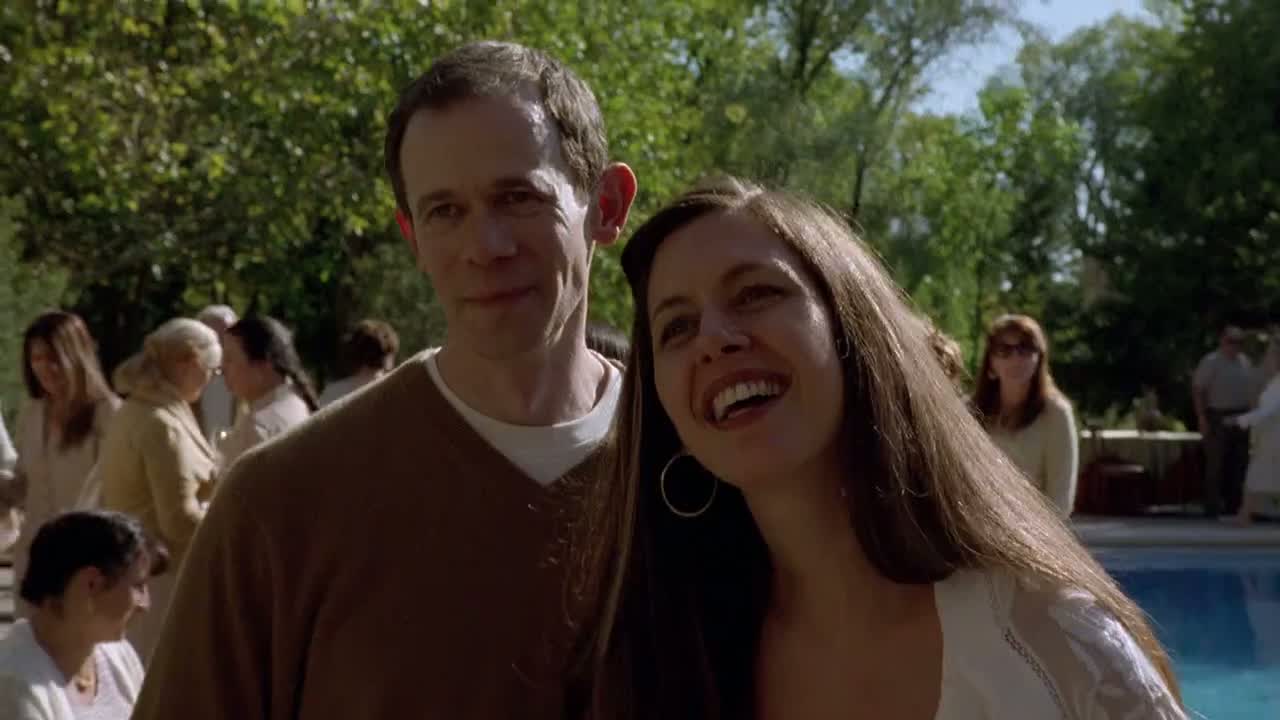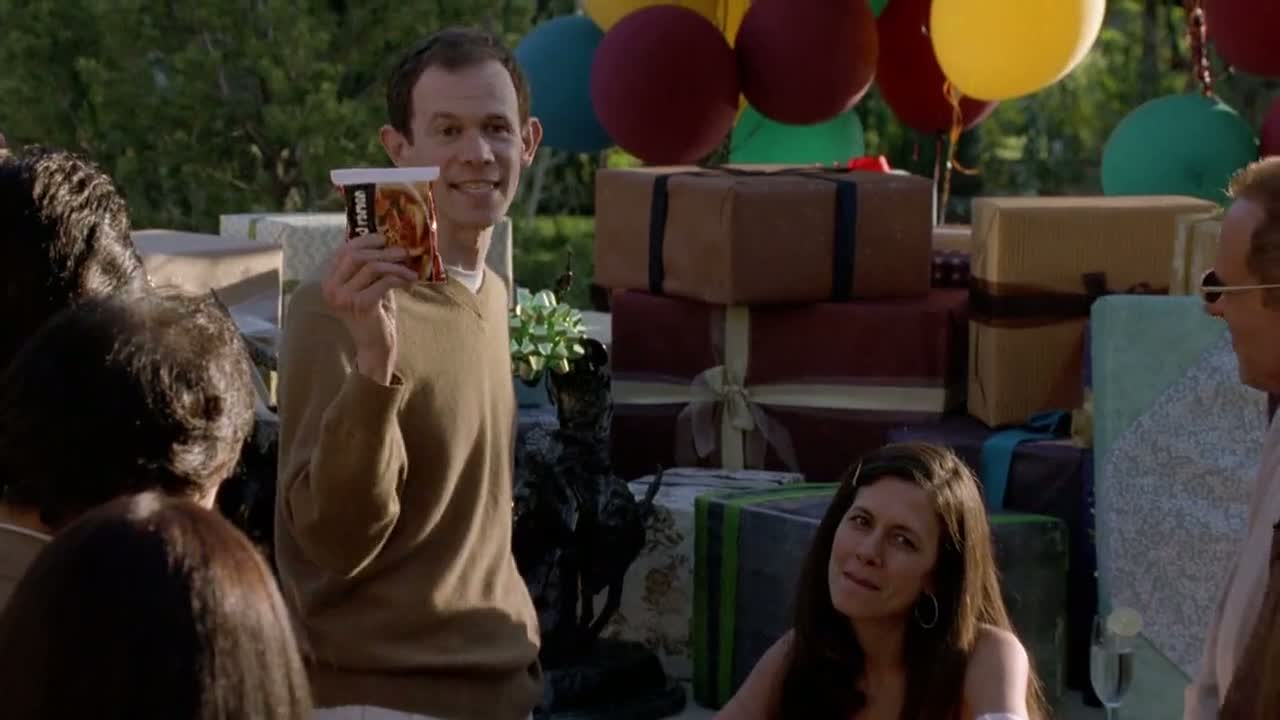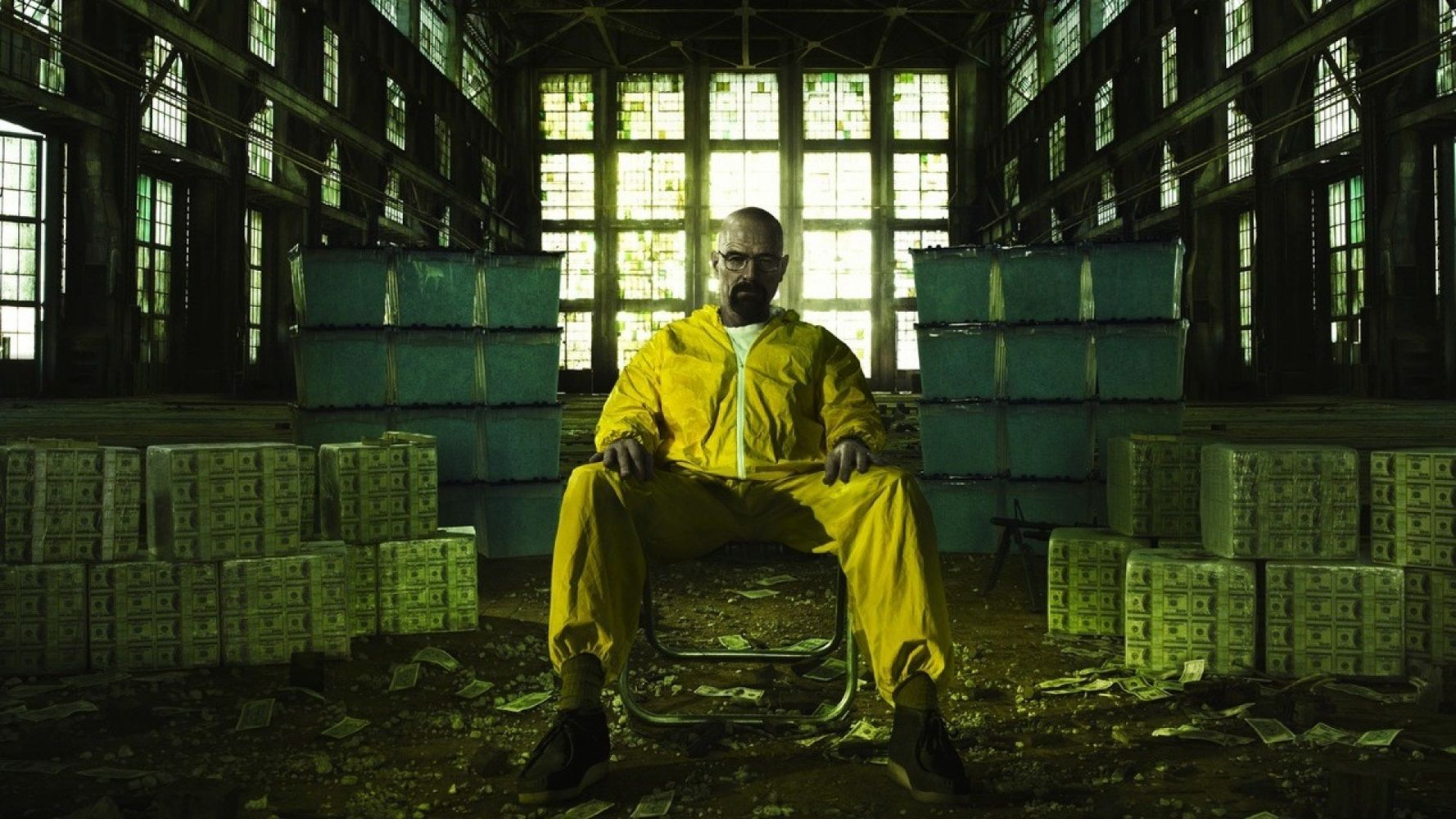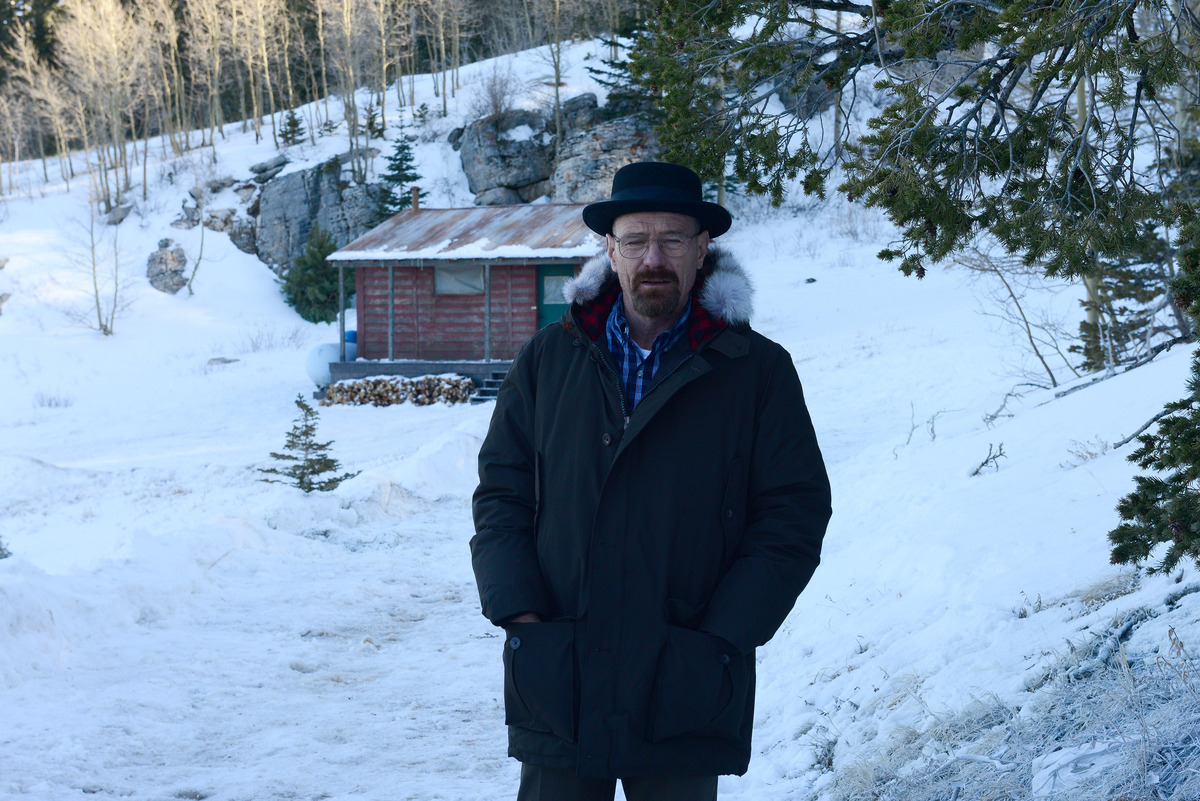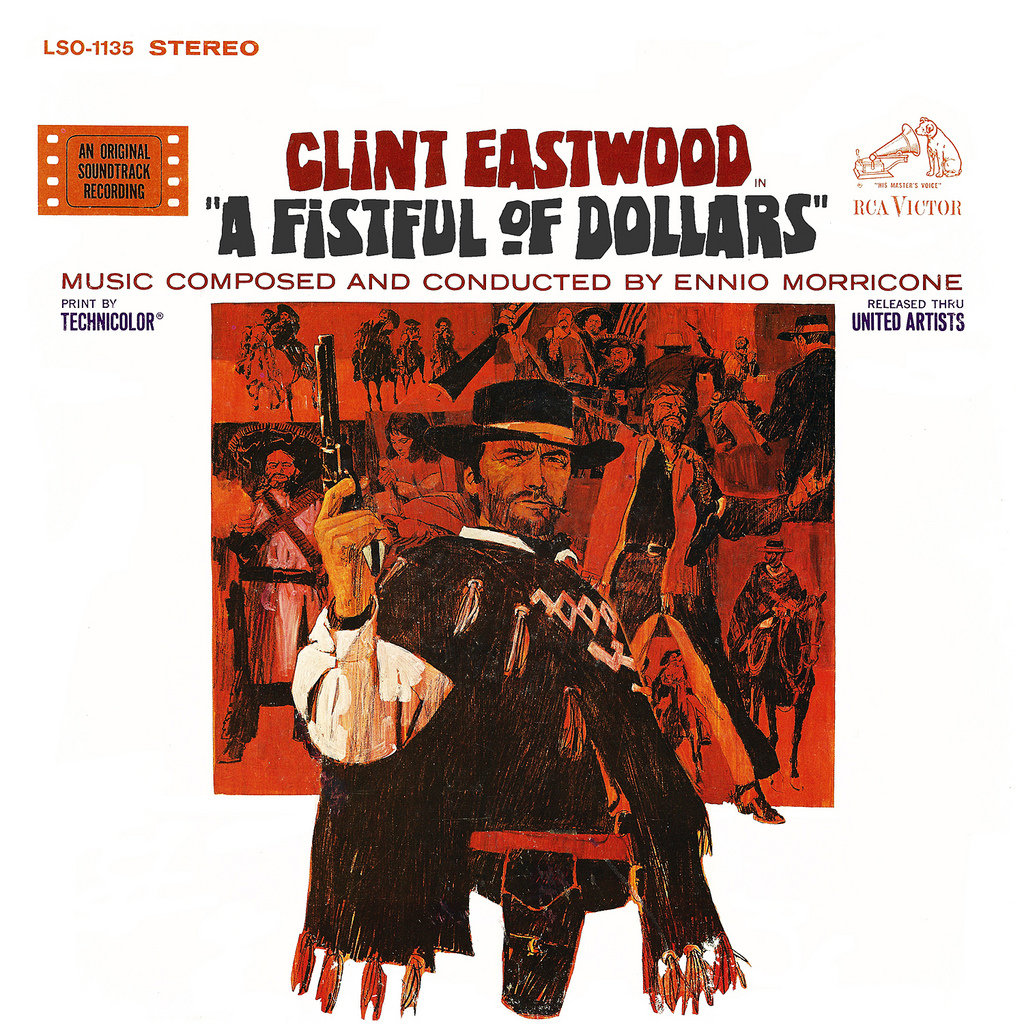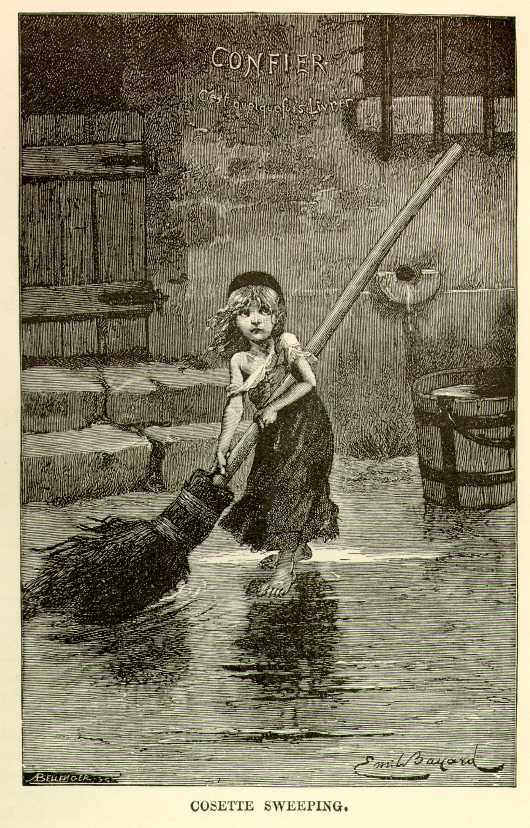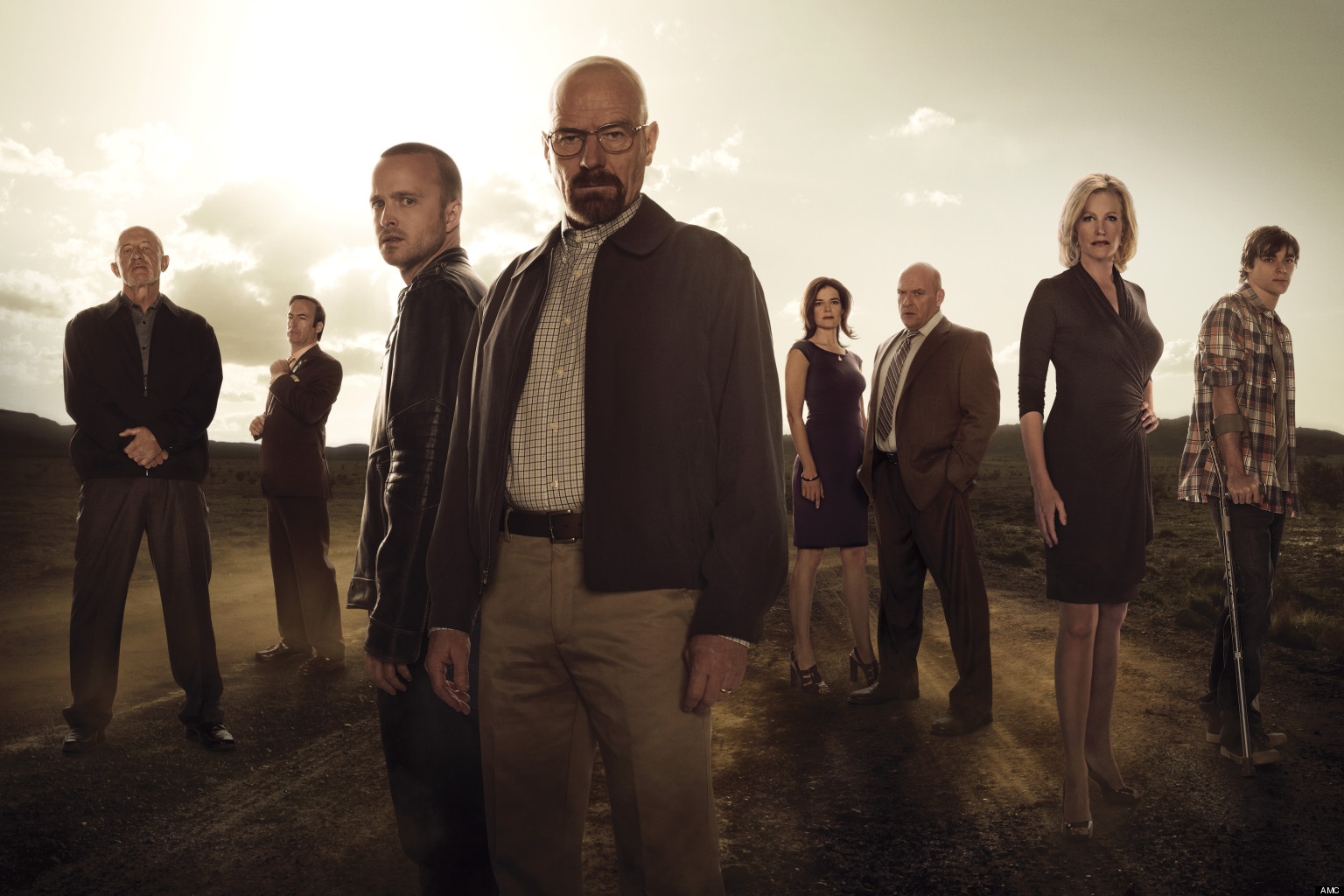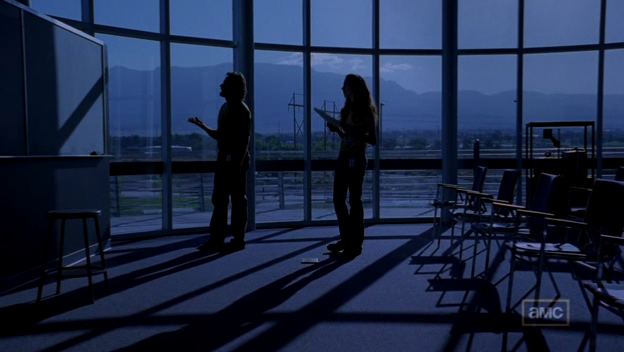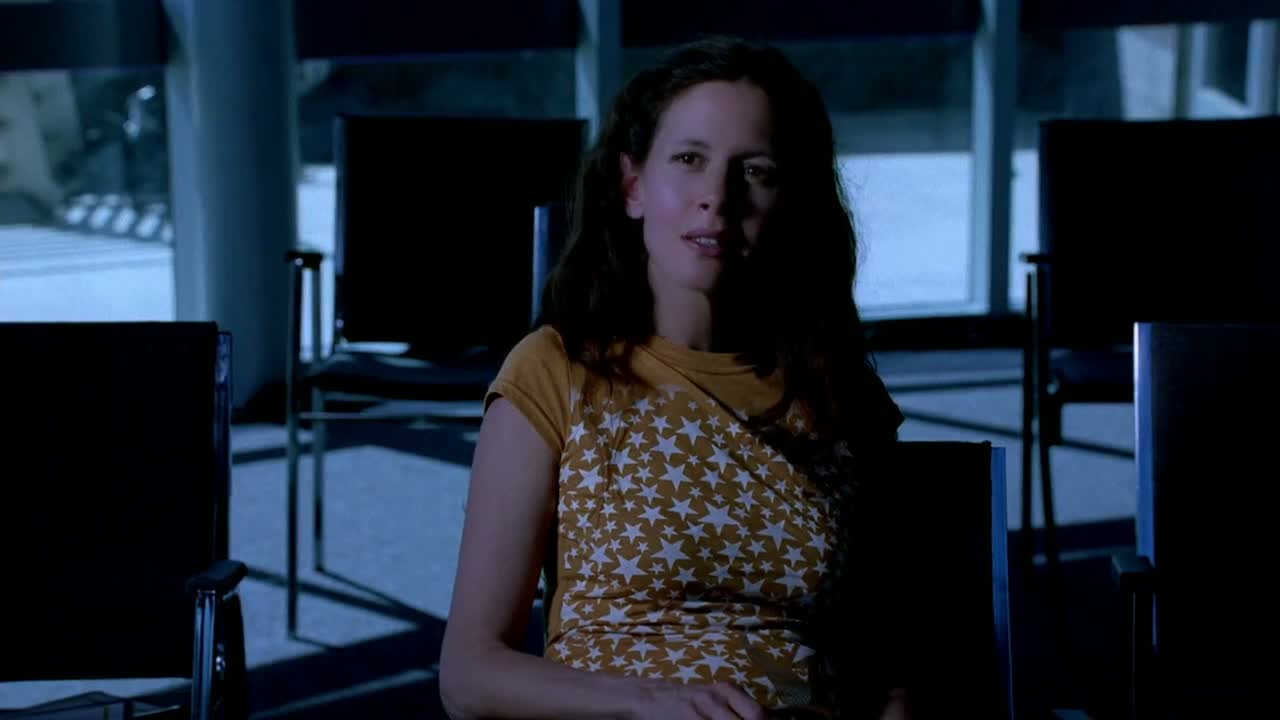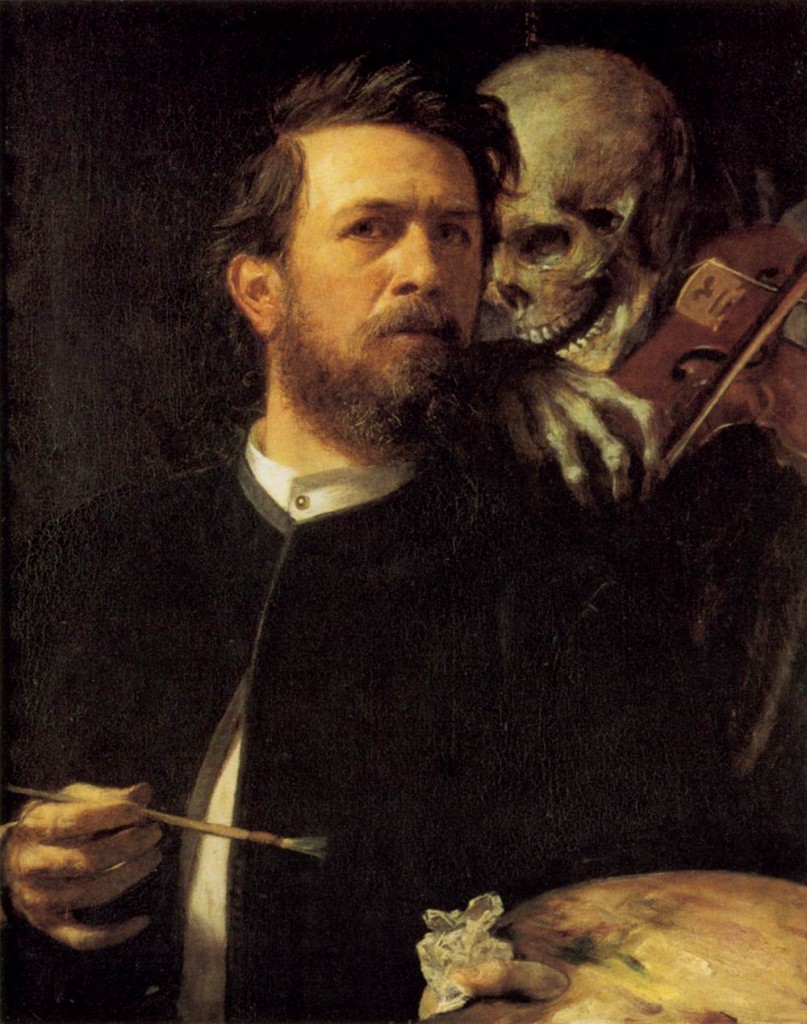Category Archives: Movies
TAMACUN
COME ON HOME AND HAVE YOUR NEXT AFFAIR WITH ME
FAST FOOD
SHOOTING STAR
WARNING — Breaking Bad spoilers below . . .
There are lively discussions going on all over the place by people who’ve been following the series about the last episode of Breaking Bad.
Many have been troubled by the fact that Walter White was allowed to “complete his mission”, leave money for his family after he was gone — that is if you think his cockeyed scheme to intimidate the Schwartzs is going to hold up after his death.
Others have been troubled that Walt was allowed to take out a slew of his enemies in a blaze of gunfire — like a desperate but existentially exultant Western anti-hero.
These aspects of the finale miss the point, I think. Walt got to pull off a couple of his trade-mark fiendish stunts, but the real finale to the show took place in two scenes of confrontation, with his wife and with his former partner Jesse.
In the confrontations, Walt tried to give these people what he thought they needed — the truth, at long last, about himself, in his wife Skyler’s case . . . and a chance for revenge in Jesse’s case.
Neither of them was able to make any response, beyond relief perhaps. They could not repay his gesture, could not give him anything in return for what he saw as gifts. Skyler let him have one last look at his daughter, but neither she nor Jesse could thank him for his “gifts” or tell him they loved him, as both probably still did on some level. They could only stare at him as though he had become a ghost.
Gilligan, who directed the episode, made a few visual allusions to Walt’s ghost-like persona. Walt walks around the Schwartzs’ house like a wraith before they finally see him. He’s discovered in a camera move reveal to be standing behind a pillar in Skyler’s kitchen while she talks on the phone about him, apparently alone. He’s a posthumous figure already.
I think of Bob Dylan’s great song about lost opportunities, failed love — “Shooting Star”, which contains the lines:
Guess it’s too late to say the things to you
That you needed to hear me say.
Saw a shooting star tonight
Slip away.
And that’s what we watched in the last episode of Breaking Bad — a shooting star slip away, an empty man taking his leave of an empty life, the truth about himself revealed but meaningless.
BROKEN
Listening again to the words of “Baby Blue”, the Badfinger song that played out the final episode of Breaking Bad, it seems clear to me that Walt’s “Felina” — “wicked Felina, the girl that I loved” — was the blue meth that gave him his power. It was his “Precious”, as Gilligan described it in a post-finale interview, referring to Gollum and the ring.
That blue meth was the only thing Walt ever really loved — more than Gretchen, more than his family — the one true love of his life. As a last act he smeared his blood on a cooking cauldron — “one little kiss then . . . Felina, goodbye.” Walt wanted to kill Jesse because he was cheating on him with the blue meth — the blue meth that belonged only to him. (This is also echoed in the narrative of the song “El Paso”, from which the name Felina is taken.) It’s as dark an ending as one could imagine. The name of the group, Bad-finger, and its bleak, tragic history, added even more shadows to the finale.
TAKE MY TRUE LOVE BY THE HAND
One of the many great music cues from Breaking Bad, after the shootout in “Ozymandias” as Walt rolls his barrel through the desert . . .
EL PASO
A PRESS BOOK COVER FOR TODAY
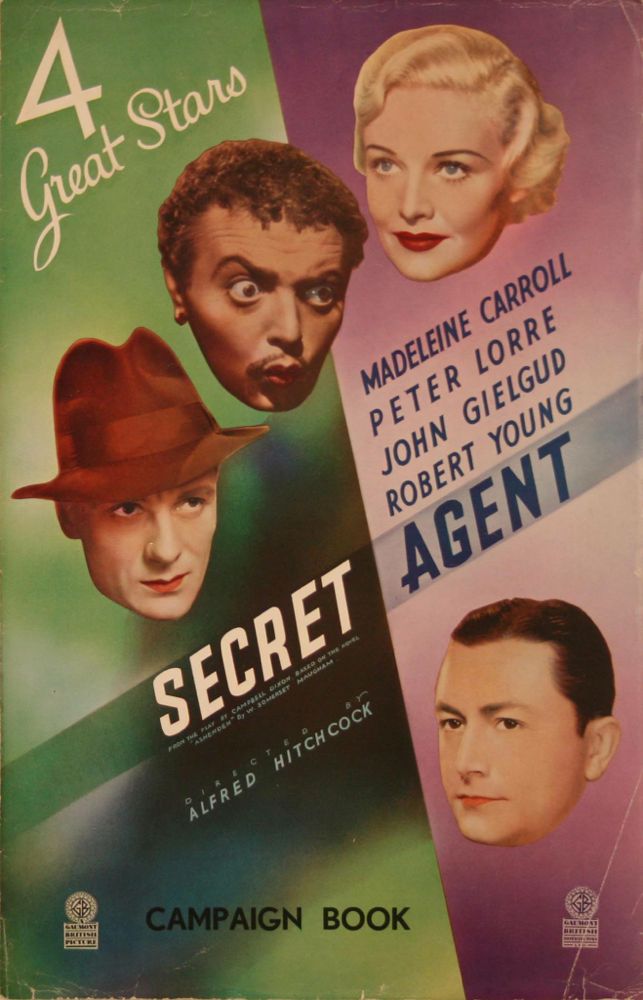
AN LP COVER FOR TODAY
GIRL WITH RECORD PLAYER AND BOOKS
A SILENT MOVIE LOBBY CARD FOR TODAY
GRETCHEN
In an interview from 2009, Jessica Hecht, who plays Gretchen in Breaking Bad (above), fills us in on what happened when Walt left her and Gray Matter:
Vince Gilligan told us exactly what went down between the characters off screen: We were very much in love and we were to get married. And he came home and met my family, and I come from this really successful, wealthy family, and that knocks him on his side. He couldn’t deal with this inferiority he felt — this lack of connection to privilege. It made him terrified, and he literally just left me, and I was devastated. Walt is fighting his way out of going back to that emotional place, so he says, “Fuck you.”
In the show, Hecht’s character “Gretchen” doesn’t know that this is what motivated Walt’s desertion, nor do we the audience know this, even now, on the eve of the show’s finale.
Put this together with something else Gilligan has said in interviews. According to him, Walt crossed the line into evil when he refused to let Gretchen and Elliott pay for his cancer treatments. This, as Gilligan sees it, puts the lie to Walt’s assertion that all the bad things he did on the wrong side of the law were “for his family” — because Gretchen and Elliott offered him a way to take care of his family without participating in crimes, in drug dealing and murder, all of which put his family in greater danger than accepting the Schwartz’s charity would have.
The flashback scene that introduces Gretchen, back in season one, when she and Walt talk about the soul, ends with Walt leaning in to Gretchen, as though he’s about to kiss her — but we don’t see the kiss. However, according to Hecht’s 2009 interview, the kiss was filmed. I suspect we’ll see it in the finale. It will remind us that Walt “broke bad” when he deserted the true love of his life, Gretchen, because his pride and insecurity wouldn’t allow him to face her wealth and privilege, any more than they would allow him to accept her charity later on when he and his family needed it.
Gilligan has said that, in the writers’ room, when he and his team got stuck, they would remind themselves of Walt’s “superpower”. It wasn’t intelligence, or an expertise in chemistry, or courage, or cunning. It was lying. That’s the core of Walter White.
From the moment he deserted Gretchen and constructed a lie to explain it — that she and Elliott squeezed him out of the company they founded — Walt’s whole life has been a lie. The rationale for wanting to build an evil empire based on meth — that it was all for his family — was a lie.
He wants money and power to fill up a hole at the center of his psyche that nothing can fill, to set aright a life that broke bad long before his cancer diagnosis.
I have no idea how Gilligan and company are going to crystallize all this in the finale. One way would be for Walt to go recover his fortune from the Nazi thugs, take it to Gretchen and throw it at her feet, in a now meaningless gesture of triumph, then wait for the forces on his trail to come and kill him, dying in Gretchen’s arms.
One little kiss then . . . Felina, goodbye . . .
AN LP COVER FOR TODAY
LES MISÉRABLES
Imagine Victor Hugo’s Les Misérables without the religious, and essentially Christian, elements of Hugo’s world view — without the forgiveness and charity of the Bishop Of Digne, which sets in motion Jean Valjean’s redemption, motivates his own life of sacrifice and charity. It would be a novel of overwhelming meanness and darkness, confined to Javert’s world of implacable, inescapable judgment . . . in short, the world of Breaking Bad.
As I recall, there are only a handful of explicit references to religion in Breaking Bad. At one point Walt argues to Jesse that, if there is a Hell, the two of them are already headed there, doomed by the monstrous sins they have previously committed.
A more interesting reference comes in a flashback (above) to a moment in their youth when Walt and his former lover Gretchen are discussing the composition of the human body, whose chemical constituents don’t quite add up. Gretchen suggests that perhaps the missing element is the soul. Walt says, “The soul? There’s nothing going on here but chemistry.”
Walt says this suggestively as he leans down towards Gretchen, apparently about to kiss her. This seems to depict the start of their physical relationship. It also seems to be the statement of a thematic element that is never articulated in the dialogue but is somehow implied in the tale. Has Walt lost his soul? Did he ever have one to begin with? Does anyone? Is life nothing but chemistry, change, inevitable transactions between impersonal forces?
Gretchen Schwartz (i. e. Gretchen Black) speaks for the existence of the soul, just about the only character in the show who ever does. Walter White dismisses the idea. The show doesn’t want to reduce things to such black and white alternatives — and yet in a way it does so, in this flashback.
Curious.
We learned early on in the show that Walt walked out on Gretchen, ending their relationship without an explanation. I suspect that in the final episode we will be given that explanation, and that it will offer a deeper insight into Walt’s . . . well . . . soul — for want of a better term.
Click on the images to enlarge.

